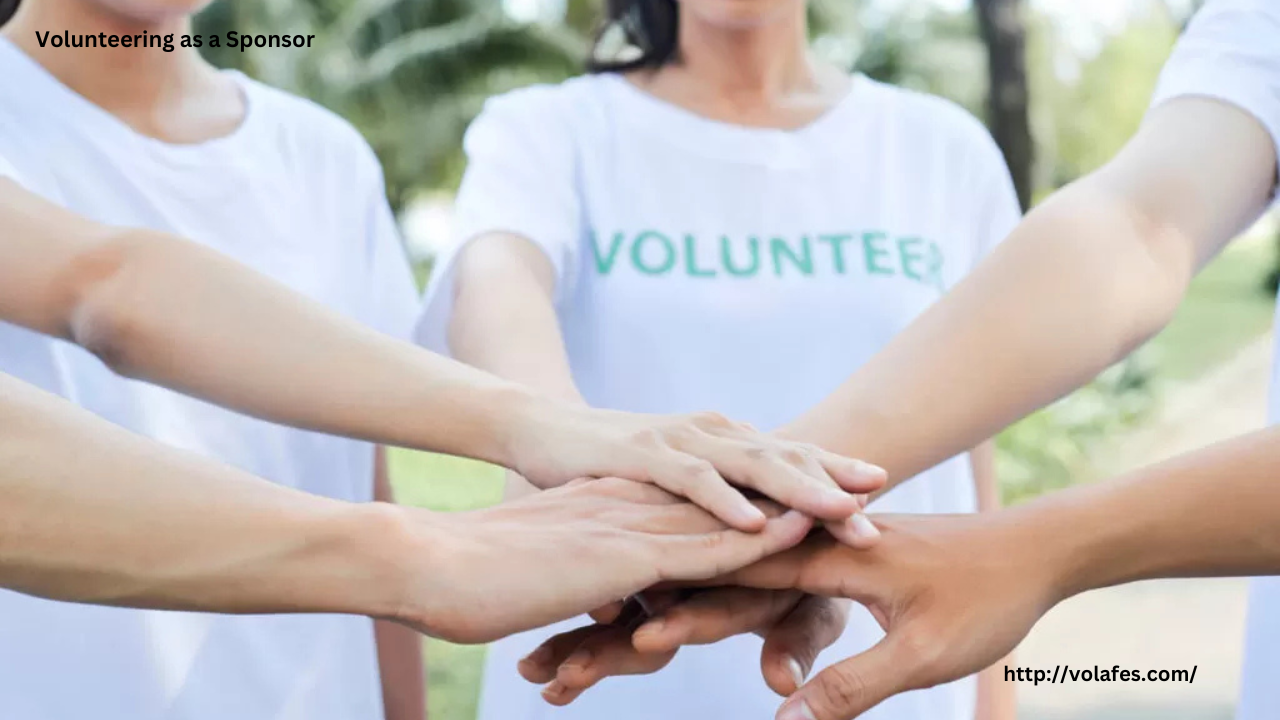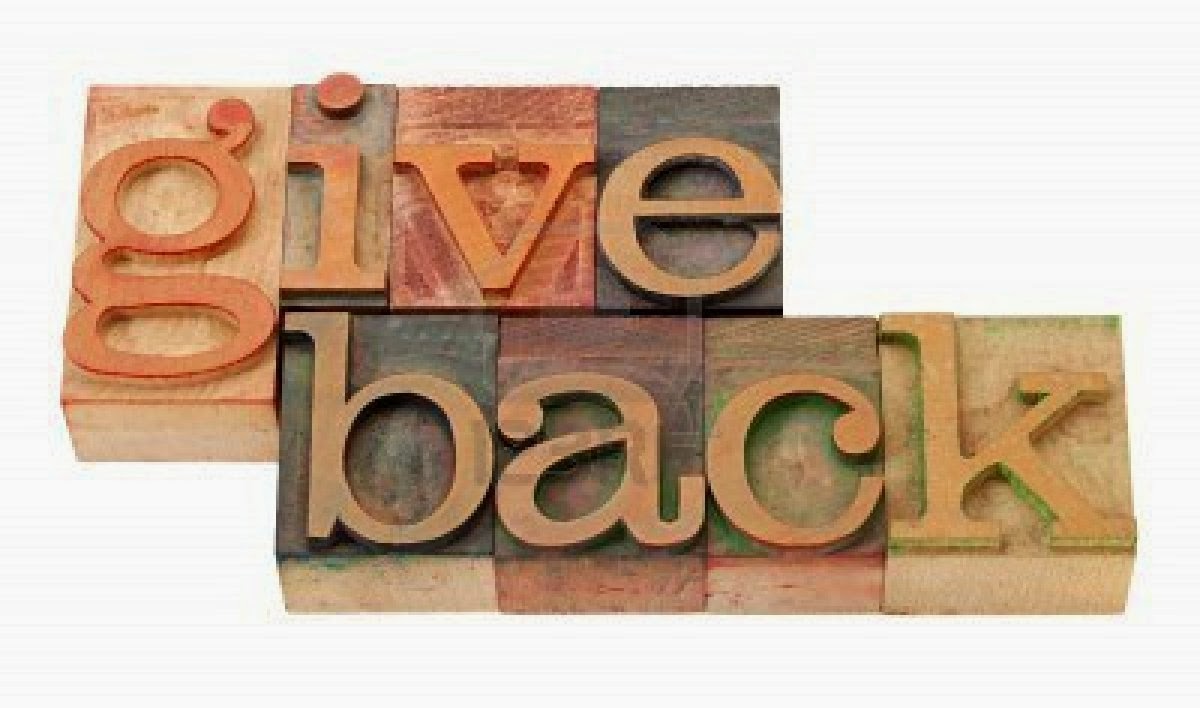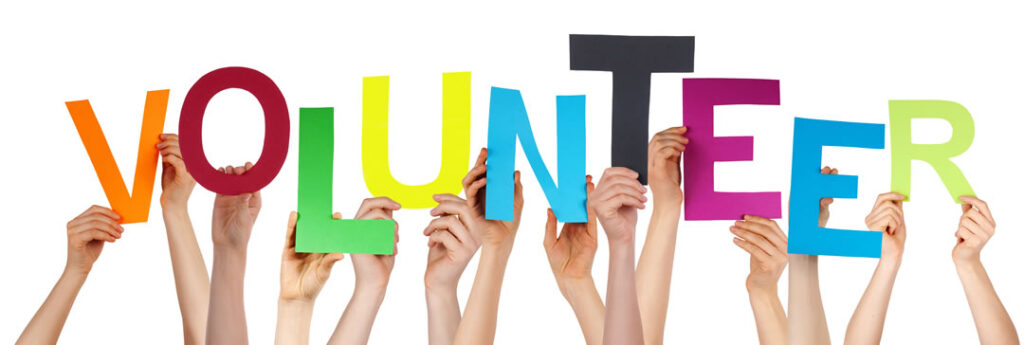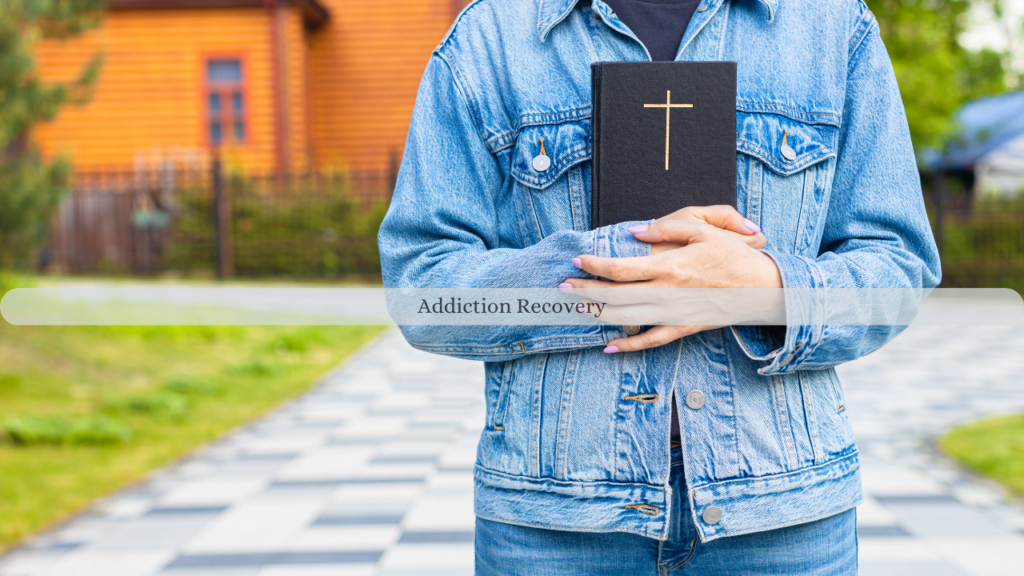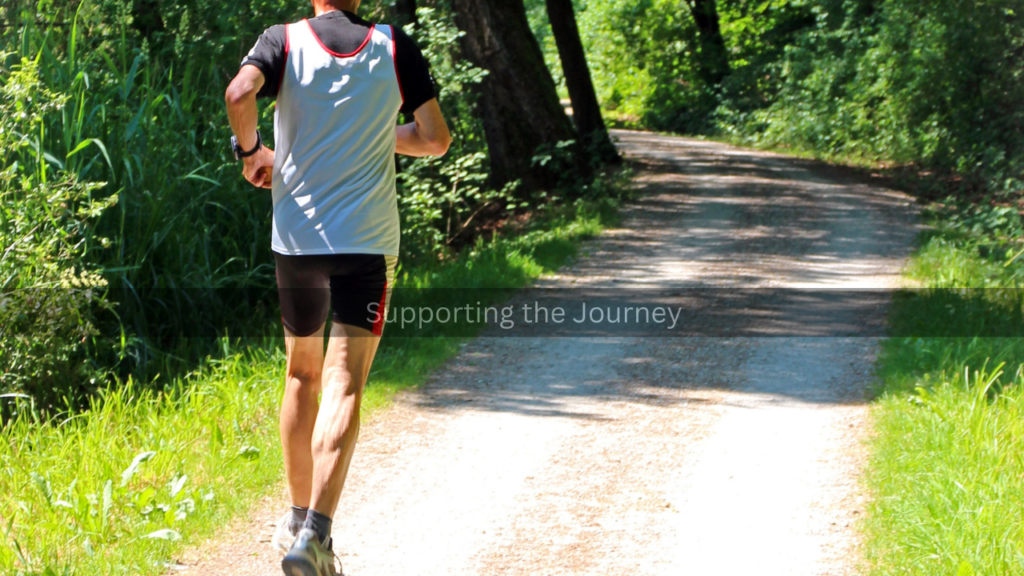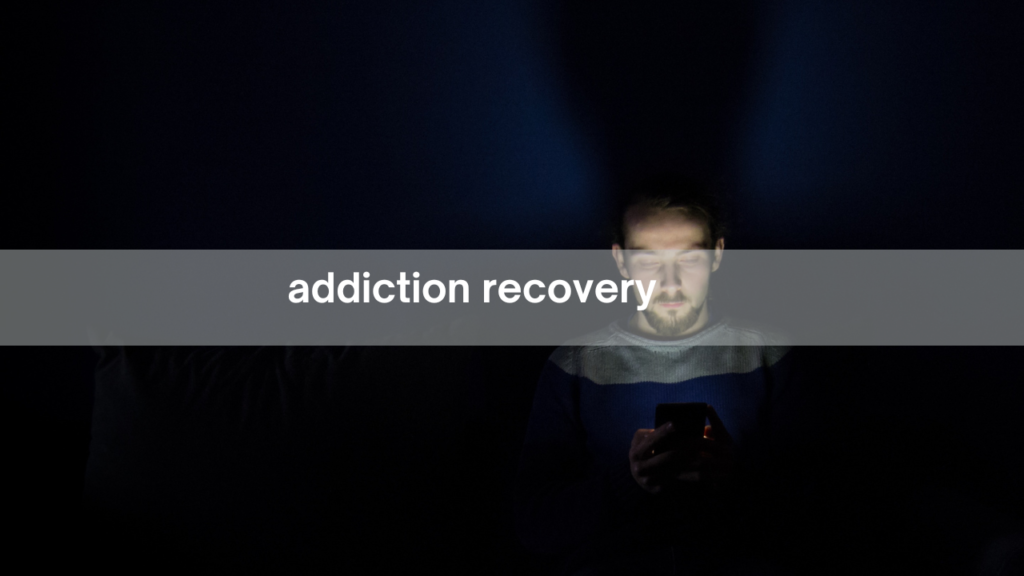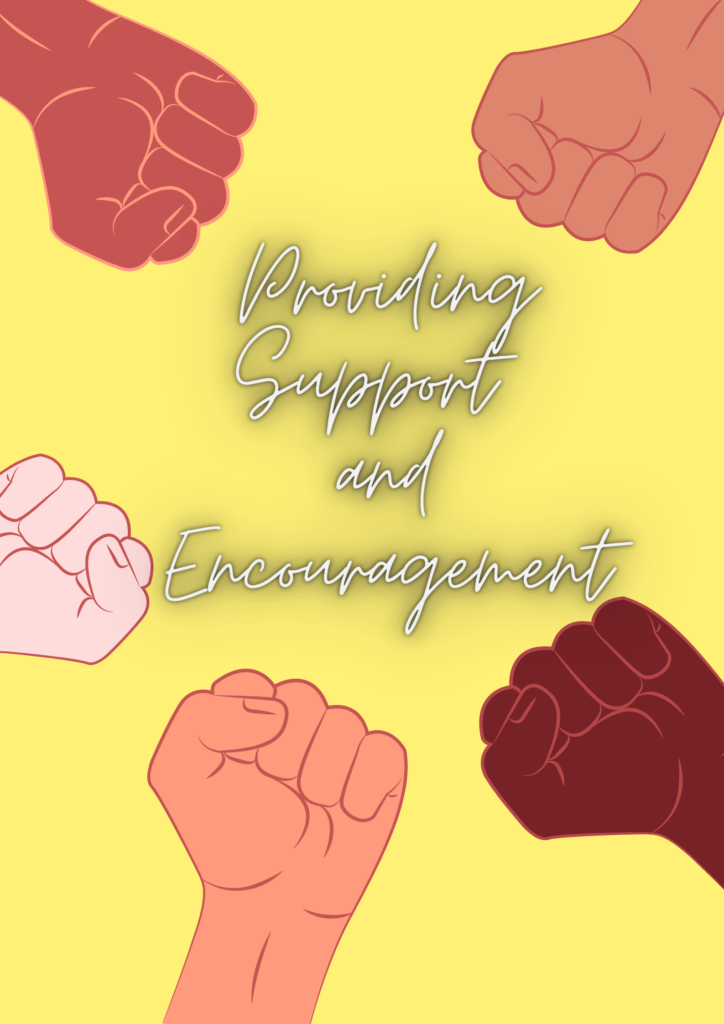Volunteering as a sponsor for someone in addiction recovery is one of the most profound ways to give back to the community. It is a commitment that requires patience, empathy, and dedication, but the rewards are immense. Sponsorship plays a crucial role in helping recovering addicts rebuild their lives, maintain sobriety, and regain a sense of purpose. However, the benefits extend far beyond the sponsee—sponsors themselves experience personal growth, fulfillment, and a renewed sense of purpose.
The Role of a Sponsor
A sponsor is a mentor, guide, and accountability partner for someone navigating the challenges of addiction recovery. Sponsors provide emotional support, share their own experiences, and help their sponsees work through a structured recovery program, such as the 12 steps in Alcoholics Anonymous (AA) or Narcotics Anonymous (NA). The primary goal of sponsorship is to offer guidance, encouragement, and stability to individuals striving to maintain their sobriety.
The Rewards of Sponsorship
1. Strengthening Your Own Sobriety
One of the greatest rewards of becoming a sponsor is that it reinforces your own commitment to sobriety. By mentoring someone else, you continuously reflect on your journey, reinforcing the principles and practices that have helped you stay clean. Sponsorship serves as a reminder of how far you have come and keeps you engaged in your own recovery process.
2. Personal Growth and Fulfillment
Helping another person overcome addiction fosters deep personal growth. As a sponsor, you develop greater empathy, patience, and understanding. Watching a sponsee make progress and regain control of their life provides immense satisfaction, reinforcing the idea that your experiences and challenges have meaning and value beyond your personal recovery.
3. Building Meaningful Connections
Addiction often isolates individuals from their families, friends, and society. Becoming a sponsor allows you to form a meaningful, trust-based relationship with someone who truly needs support. These relationships can be incredibly fulfilling, as they are built on honesty, mutual respect, and shared experiences. Many sponsors and sponsees form lifelong bonds that continue to provide strength and encouragement beyond the recovery program.
4. Giving Back to the Recovery Community
Many individuals in recovery have benefited from the guidance of a sponsor at some point in their journey. By volunteering as a sponsor, you are giving back to the community that helped you, creating a cycle of support and encouragement. This sense of service can be incredibly rewarding, knowing that you are making a tangible difference in someone’s life.
5. Witnessing Positive Change
Seeing a sponsee transform from a place of despair to one of hope and stability is one of the most rewarding aspects of sponsorship. Knowing that your guidance and support played a role in their journey to recovery can be a powerful motivator, inspiring you to continue your work in the recovery community.
Conclusion
Volunteering as a sponsor is not only a selfless act of service but also an opportunity for personal growth and healing. The experience deepens your understanding of recovery, strengthens your own sobriety, and fosters meaningful connections. While the journey of sponsorship requires dedication and effort, the rewards—both for the sponsor and the sponsee—are immeasurable. By helping others overcome addiction, you also enrich your own life, proving that in giving, we receive.
